Bei einem Flüssigkeitsmangel fühlt sich die Belastung härter an, als sie tatsächlich ist! Eine Erfahrung die beinahe jeder Sportler schon gemacht hat. Schwitzen ist einer der wichtigsten Mechanismen, um den Körper vor Überhitzung zu schützen. Intensive und langandauernde Ausdauereinheiten, noch dazu bei hohen Temperaturen, können hohe Schweißverluste mit sich ziehen. Was bedeutet das für den Flüssigkeitshaushalt? Corinne Mäder erklärt.
Intensive und langandauernde Ausdauereinheiten, noch dazu bei hohen Temperaturen, können hohe Schweißverluste mit sich ziehen. Die Schweißverluste pro Stunde Sport variieren je nach Belastungsintensität, Umgebungsbedingungen, Trainingszustand, Körpergewicht, genetischer Voraussetzung und weiteren Faktoren von 0,3 bis über 2 Liter. Flüssigkeits- bzw. Wassermangel (Dehydratation) zählt zu den häufigsten Ursachen für Erschöpfungszustände und Leistungsminderung bei längeren Ausdauerbelastungen. Bereits ein Flüssigkeitsverlust während der Belastung von 2-3% des Körpergewichts (bezogen auf das Gewicht vor Belastungsbeginn), kann die physische und mentale Leistungsfähigkeit reduzieren.
Vor, während und nach dem Sport spielt daher die richtige Flüssigkeitszufuhr eine wichtige Rolle. Drei einfache Grundregel, die jeder Ausdauersportler leicht umsetzen kann:
- Vor dem Training/Wettkampf sollte Deine Flüssigkeitsbilanz ausgeglichen sein
- Trinke während der Belastung in regelmäßigen Abständen
- Gleiche nach der Belastung Dein Flüssigkeitsdefizit für ein optimales Regenerieren wieder aus
Wie hoch ist die optimale Trinkmenge während der Belastung?
Die Empfehlungen zur Flüssigkeitszufuhr während sportlicher Aktivitäten haben sich in den letzten Jahren stark verändert und gehen von „Trinke nichts“ (frühe 1970er) bis zu „Trinke maximale Mengen, die Du gut verträgst“ (1996).
Der tatsächliche Flüssigkeitsbedarf während des Trainings/Wettkampfes ist von verschiedenen Faktoren abhängig, wie z.B. klimatischen Bedingungen, individueller Schweißrate, Belastungsdauer und -Intensität. Die optimale Trinkmenge ist daher für jeden Sportler unterschiedlich, und frühere Empfehlungen wurden mittlerweile widerlegt. Sowohl Zuviel als auch Zuwenig trinken kann die sportliche Leistung verschlechtern!
Allgemeine Trinkempfehlungen können jedoch für sportliche Aktivitäten > 60 Minuten für viele von uns hilfreich sein: ca. 400-800 ml Flüssigkeit pro Stunde, regelmäßig in kleinen Schlucken (z. B. alle 15 Minuten ca. 150 ml), trinken. Bei kühlem Wetter und geringer Belastung liegt der stündliche Bedarf im niedrigeren empfohlenen Bereich, während bei warmen Temperaturen oder bei hohen Belastungsintensitäten mehr getrunken werden sollte.
Es gibt keine einfache Methode, um den individuellen Flüssigkeitsbedarf während der Belastung exakt zu ermittelt. Eine praktikable Formel, die auch von Leistungsportlern gerne verwendet wird, lautet wie folgt:
Außerhalb des Trainings dient übrigens die Urinfarbe als einfacher Indikator für den Status der Flüssigkeitsbilanz: Ist der Urin hellgelb, stimmt der Flüssigkeitshaushalt im Körper. Etwas dunklerer Urin (in etwa die Farbe von Apfelsaft oder Bier) ist ein typisches Anzeichen für eine zu geringe Flüssigkeitszufuhr bzw. einen Flüssigkeitsmangel. Hierbei sollte aber berücksichtigt werden, dass bestimmte Lebensmittel (z.B. Rote Bete), Multivitaminpräparate oder Antibiotika die Urinfarbe beeinflussen können, wodurch dieser Parameter nicht mehr als Anhaltspunkt herangezogen werden sollte.
Es ist nicht nur wichtig „wie viel“ getrunken wird, sondern auch „was“
Bei kurzen Ausdauereinheiten ist Wasser oder ein kalorienfreies Getränk die ideale Wahl. Bei längeren Belastungen löschen viele Sportler ihren Durst gerne mit sogenannten isotonischen Sportgetränken. Ein isotonisches Getränk enthält die gleiche Osmolalität (270-330 mosmol/kg Wasser) wie menschliches Blut, respektive Blutplasma, und wird daher besonders schnell vom Körper aufgenommen. Unter Osmolalität versteht man die osmotisch wirksame „Teilchenkonzentration“, die u.a. durch die Bestandteile Zucker und Elektrolyte definiert wird. Isotonische Getränke (wie z.B. selbstgemachter Mix aus einem speziellen Saft und Wasser- Verhältnis oder isotonische Sports Drinks) sind daher spezielle Kohlenhydrat-Elektrolytlösungen. Sie verbessern die Flüssigkeitsaufnahme während des Sports und tragen dadurch zur Aufrechterhaltung der Ausdauerleistung während längerer Einheiten bei.
Tipps zur Wahl des richtigen Sportgetränks
- Die Belastungsintensität und -dauer ist entscheidend! Bei kurzen Einheiten oder Fettstoffwechseltraining sind meistens kalorienfreie Getränke sinnvoll. Für längere und /oder intensivere Belastungen sind hingegen kohlenhydrathaltige Elektrolytgetränke die richtige Wahl. Natrium (Bestandteil von Kochsalz) wird mengenmäßig am meisten herausgeschwitzt und ist daher ein wichtiger Bestandteil von Sportgetränken. Natrium ist essentiell für die Wasserspeicherung im Körper, einen geregelten Flüssigkeitshaushalt und für die Muskel- und Nervenfunktion
- Es muss gut verträglich sein! Teste daher aus, was für Dich persönlich ideal ist
- Es muss schmecken! Wähle ein Getränk, das Dir gut schmeckt, denn sonst neigt man dazu, zu wenig zu trinken
Verhindere Monotonie! Verschiedene Geschmacksrichtungen sorgen für Abwechslung
Electrolyte, Kohlenhydrate, Salztabletten
Hier findest du die wichtigste Ergänzung für Training und Wettkampf!

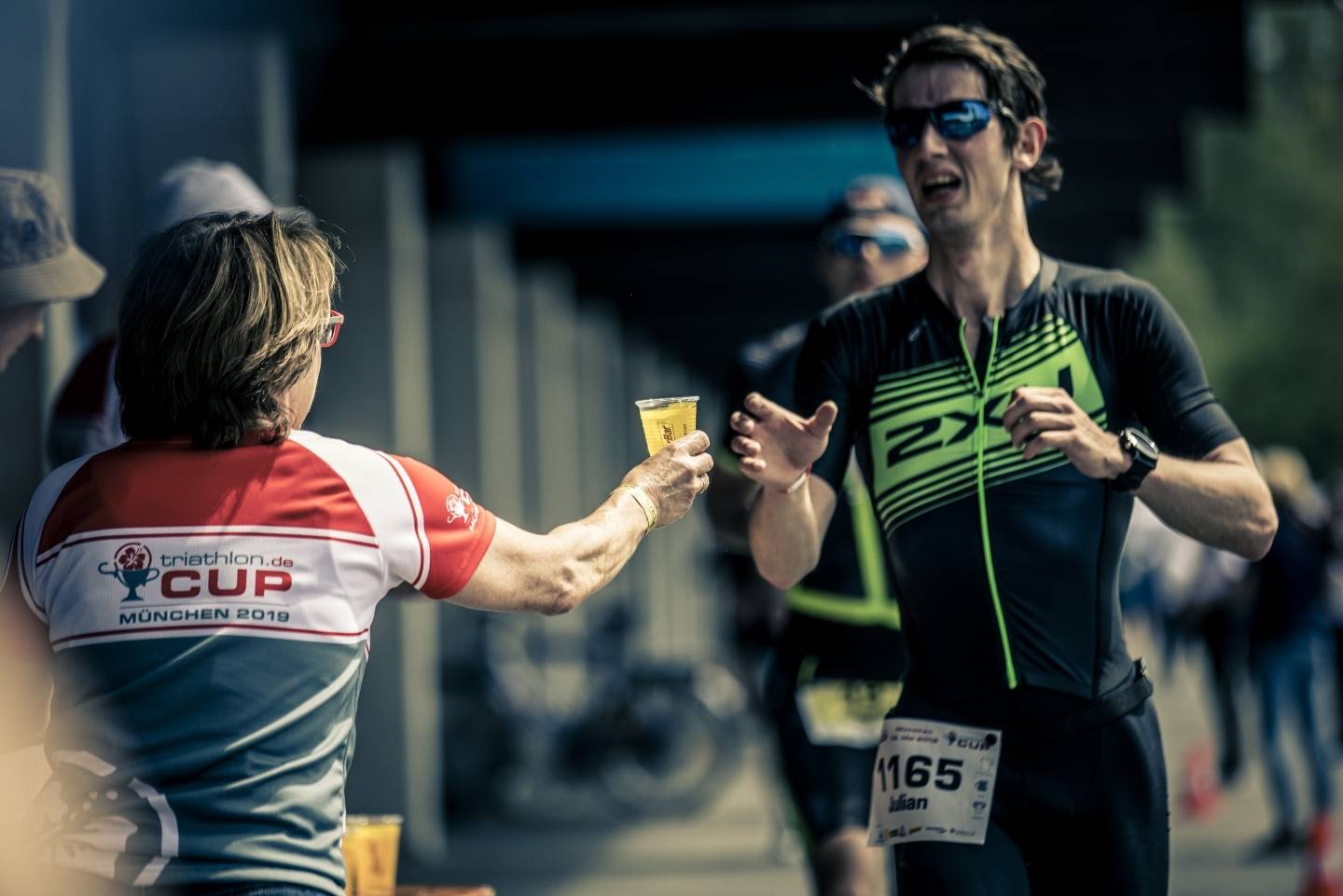





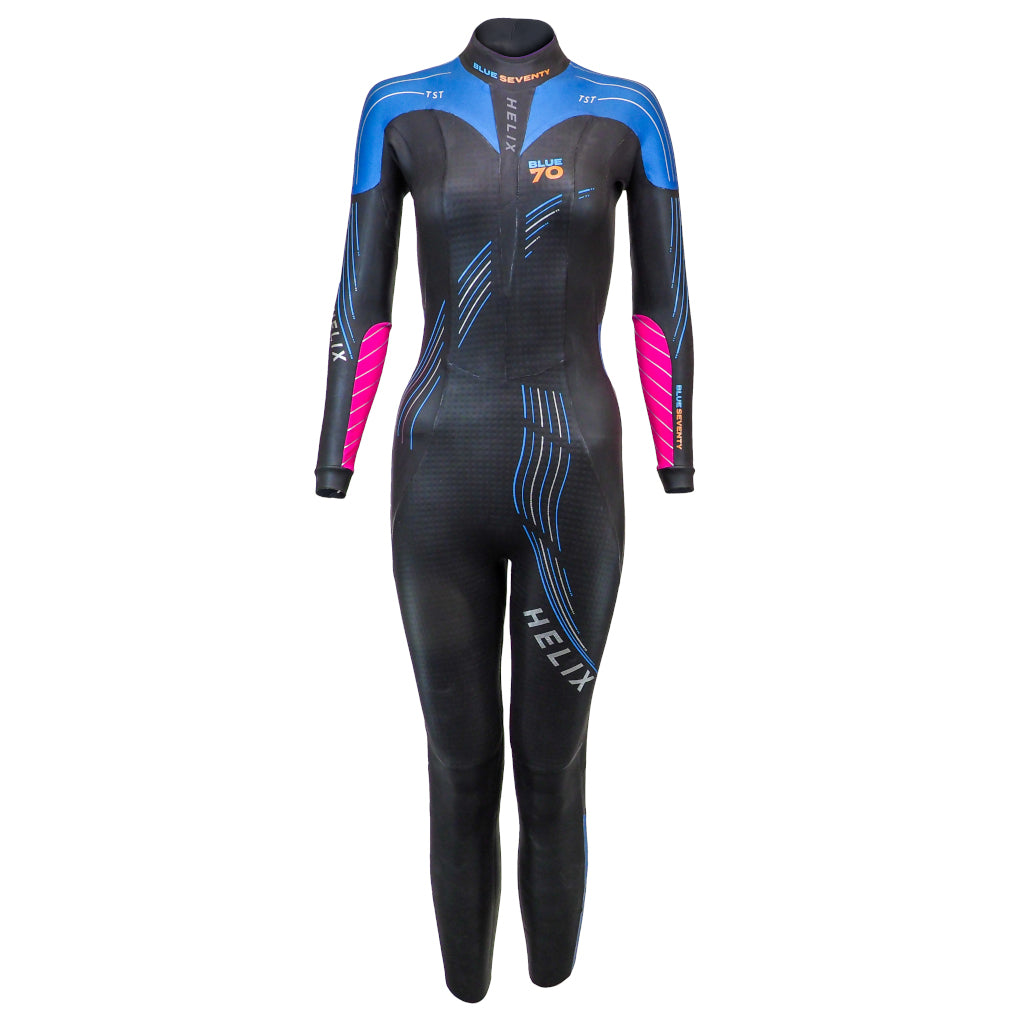
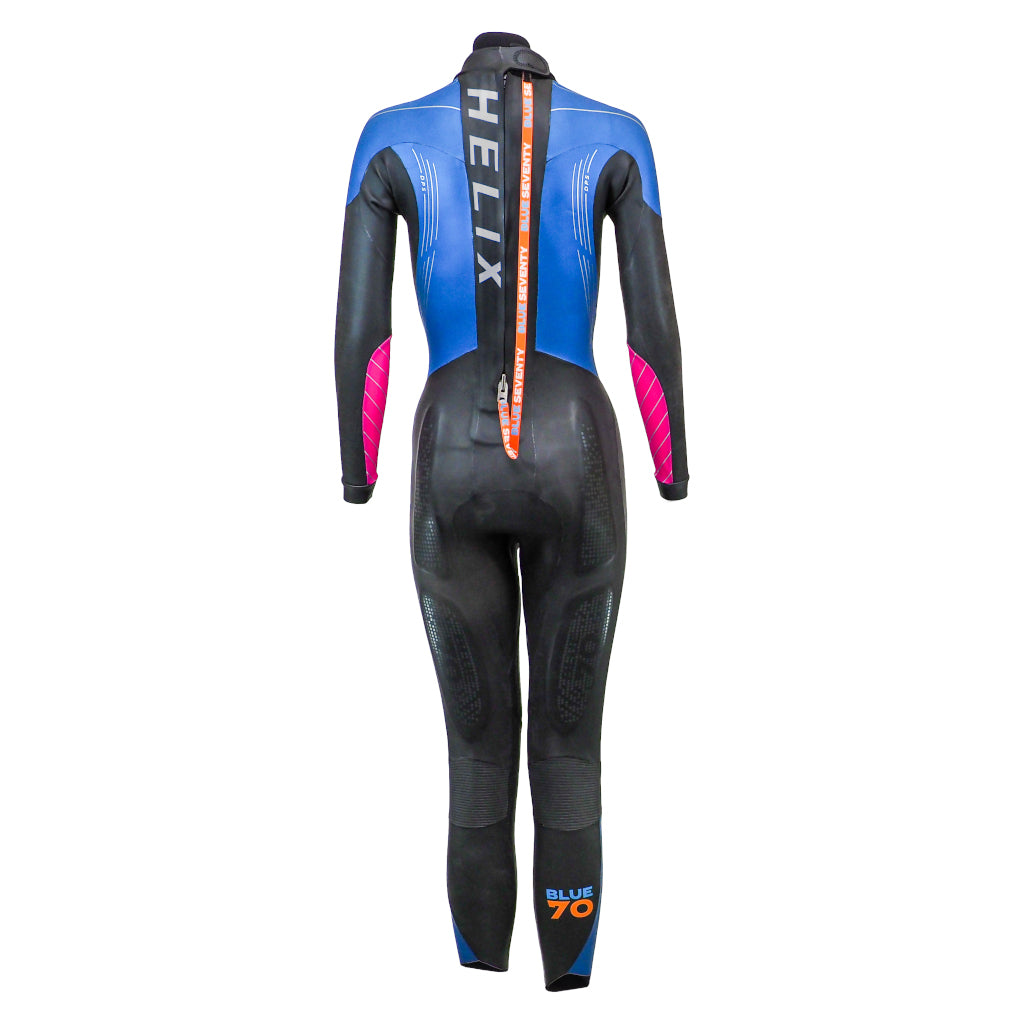
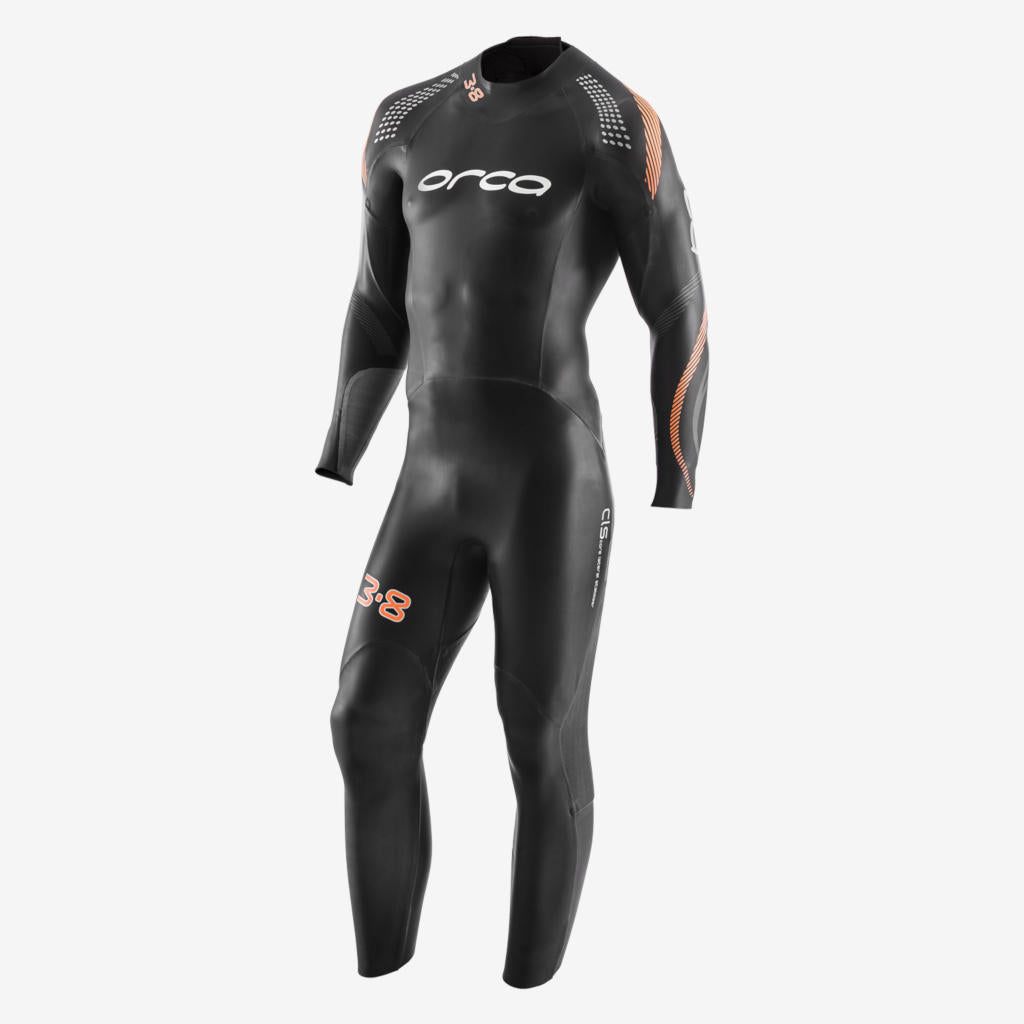
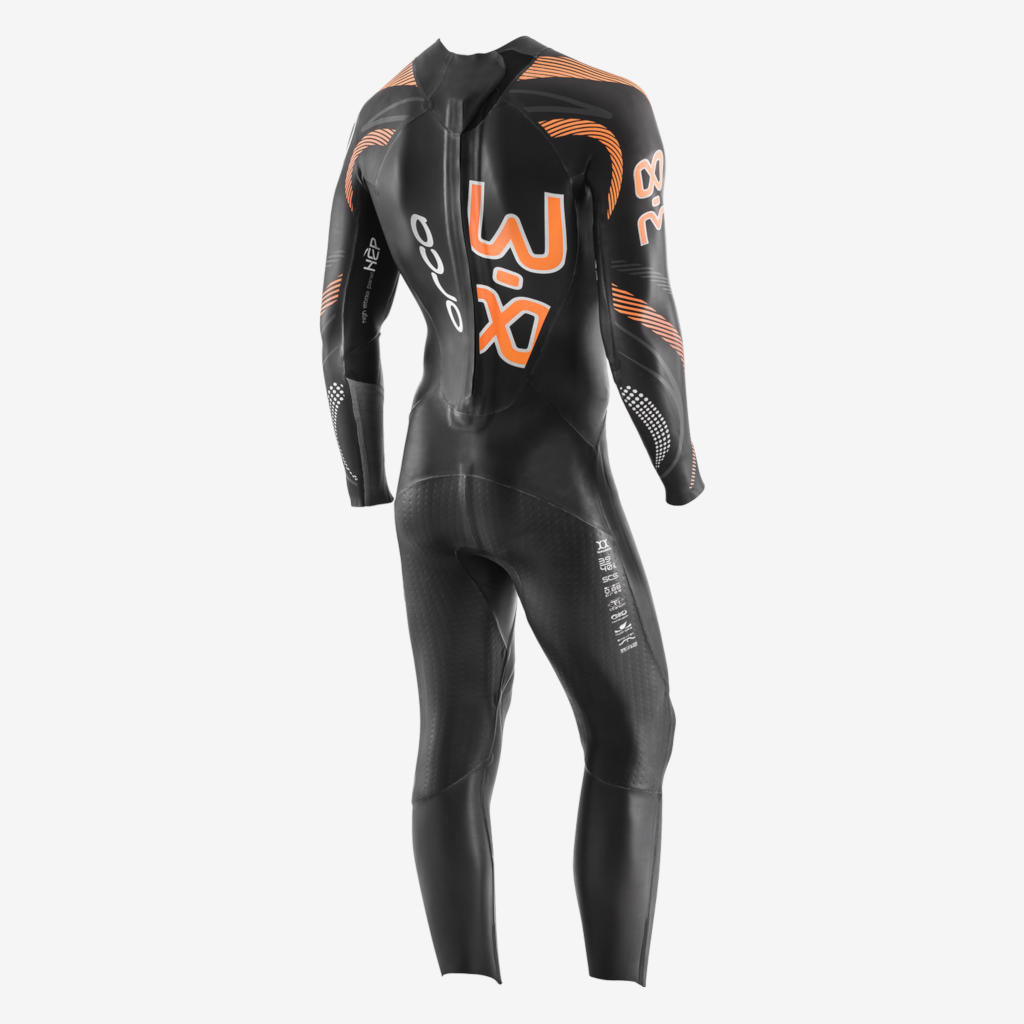
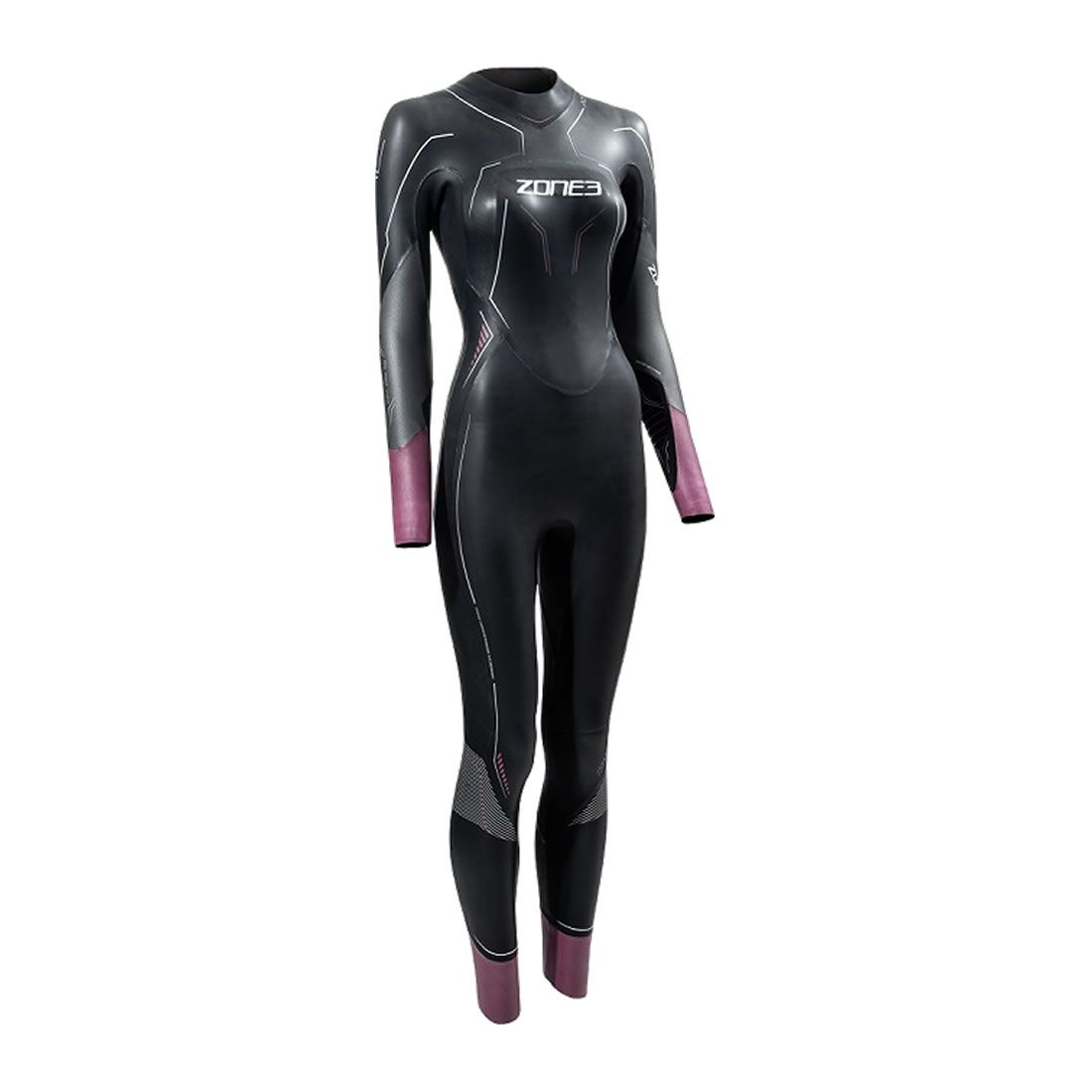
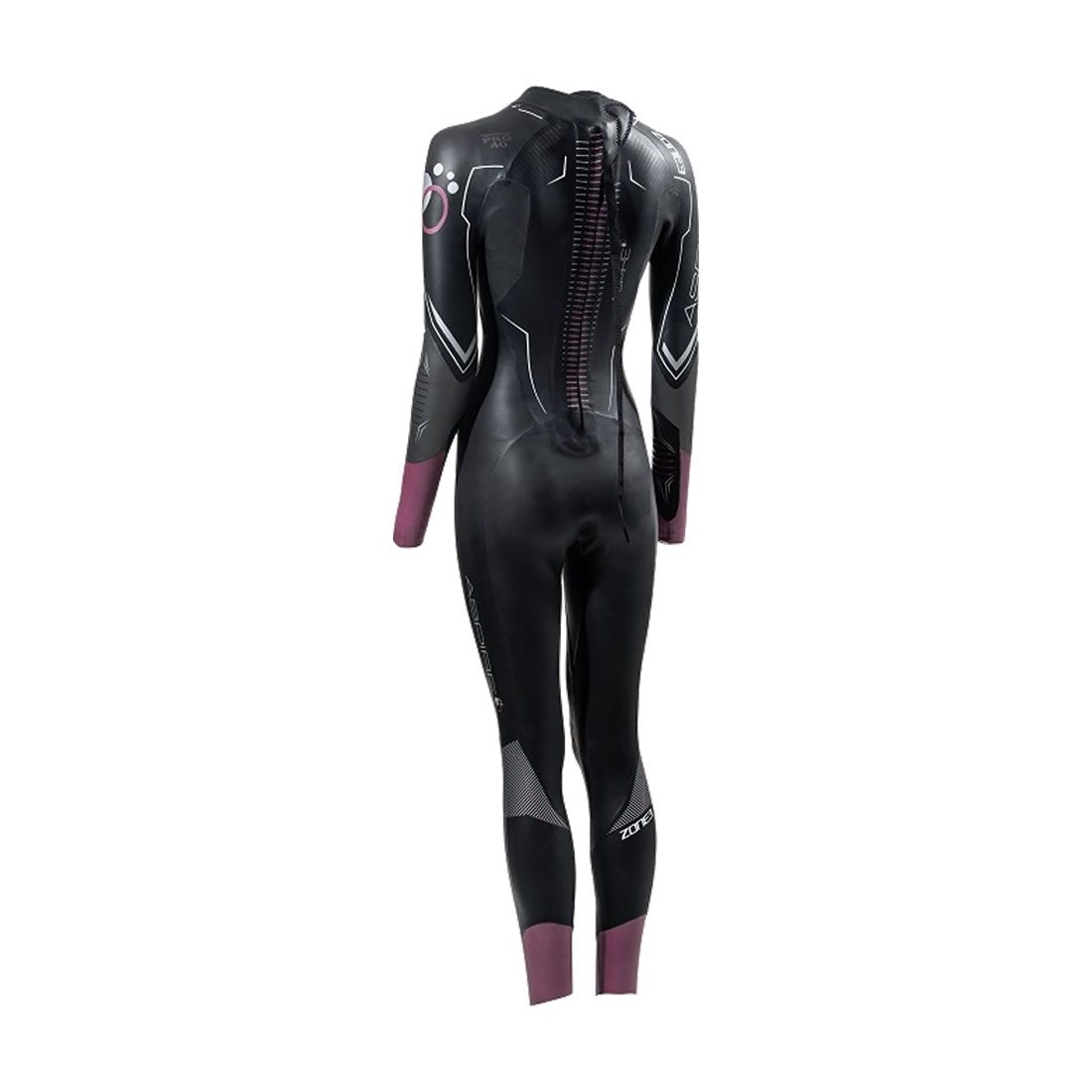
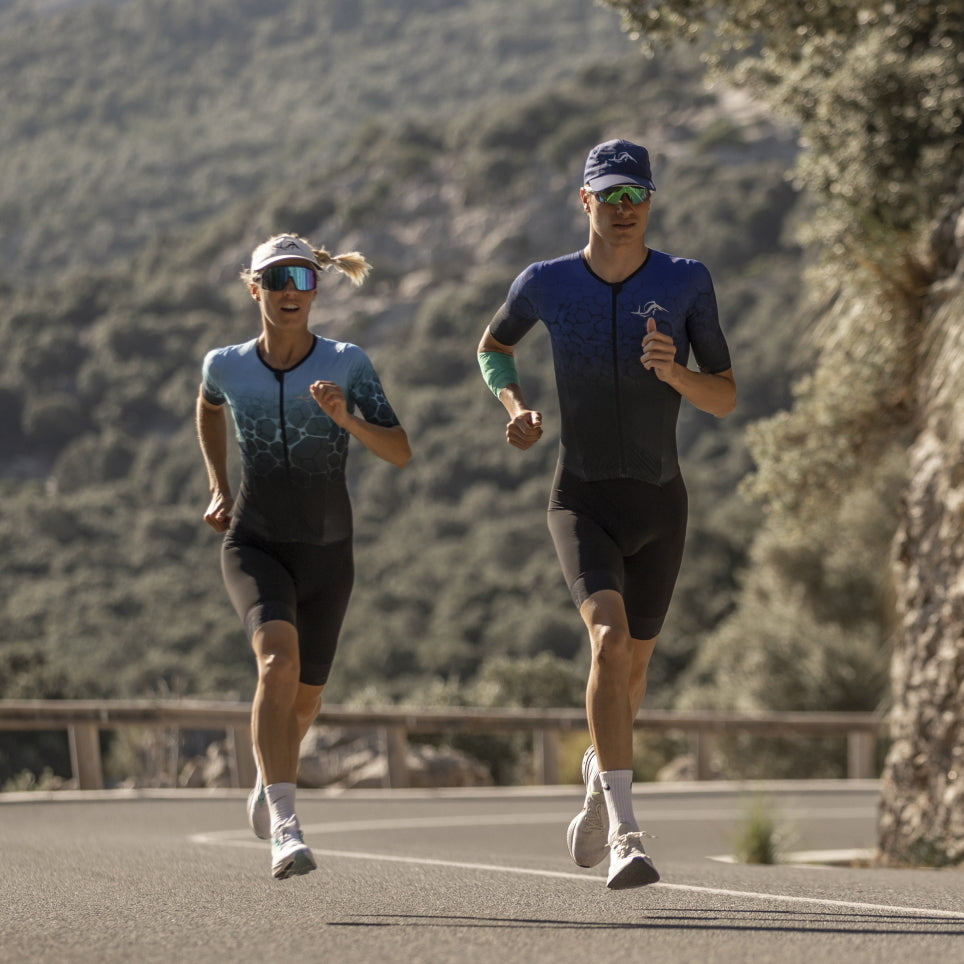
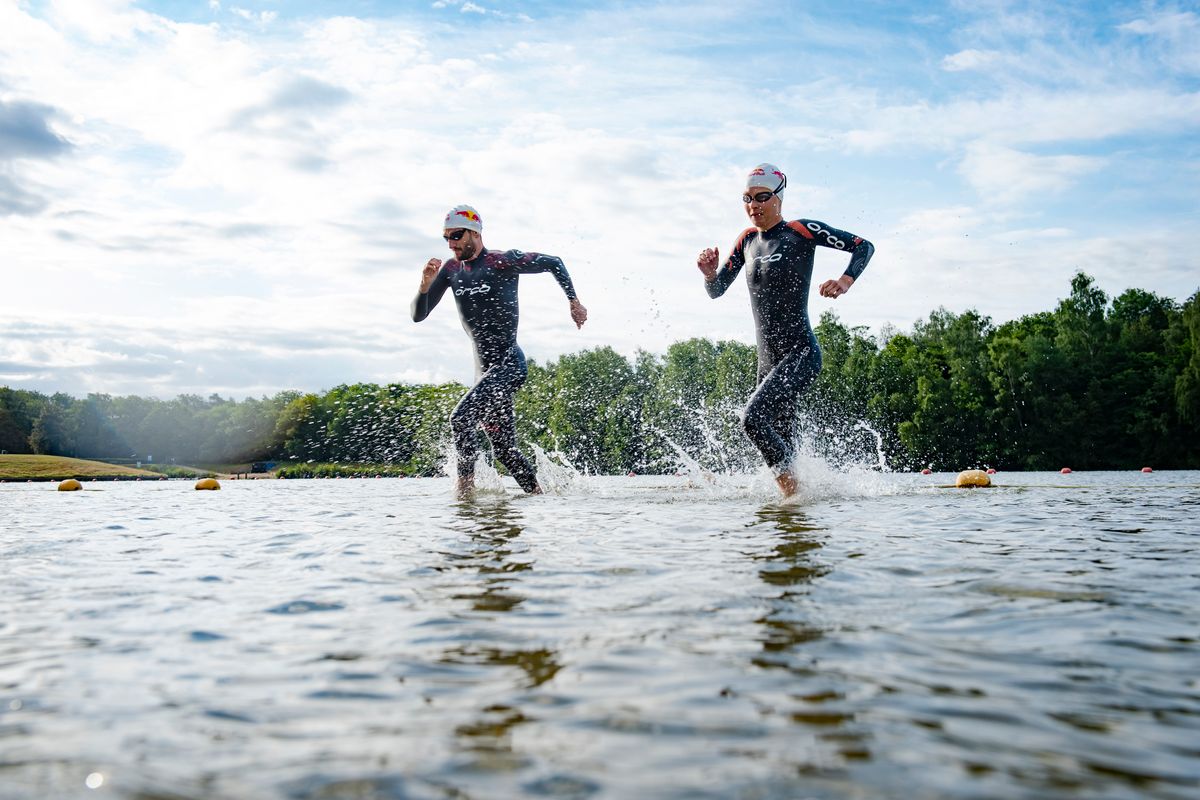
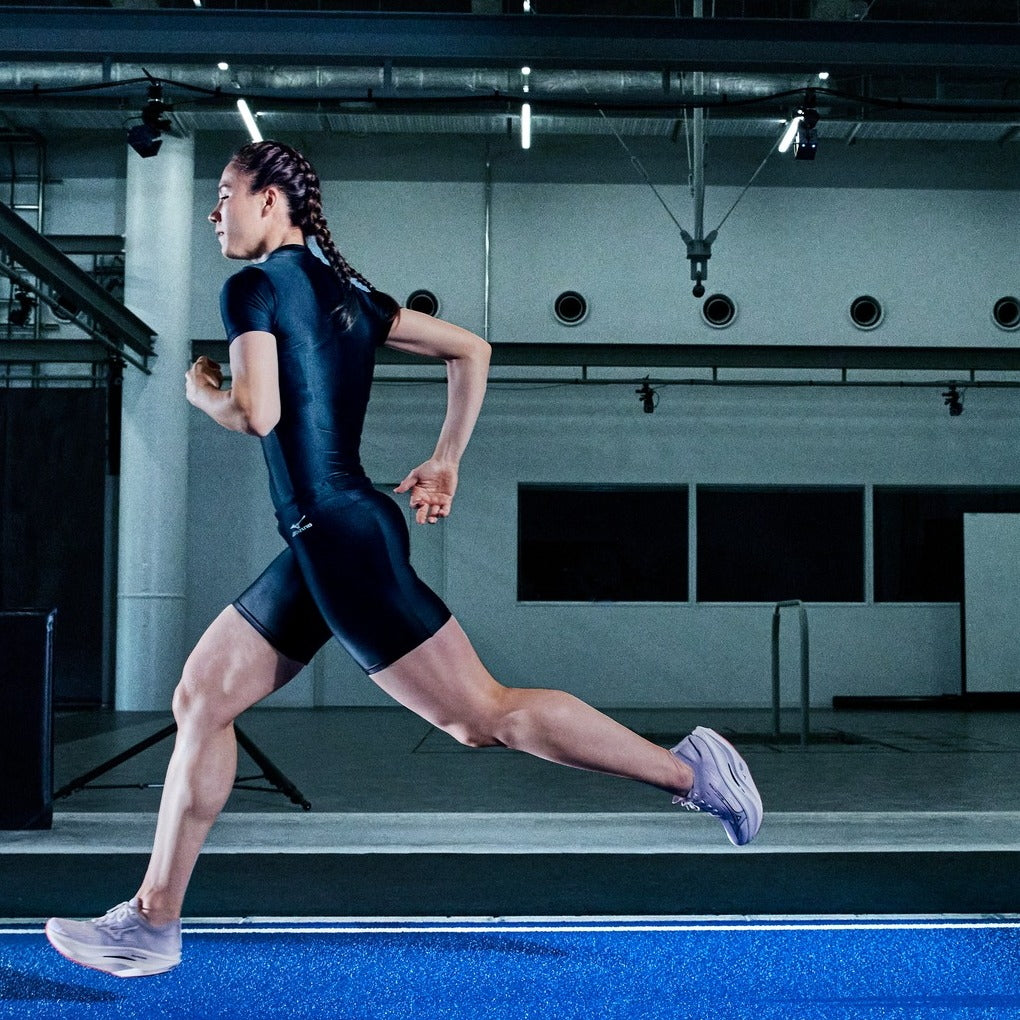

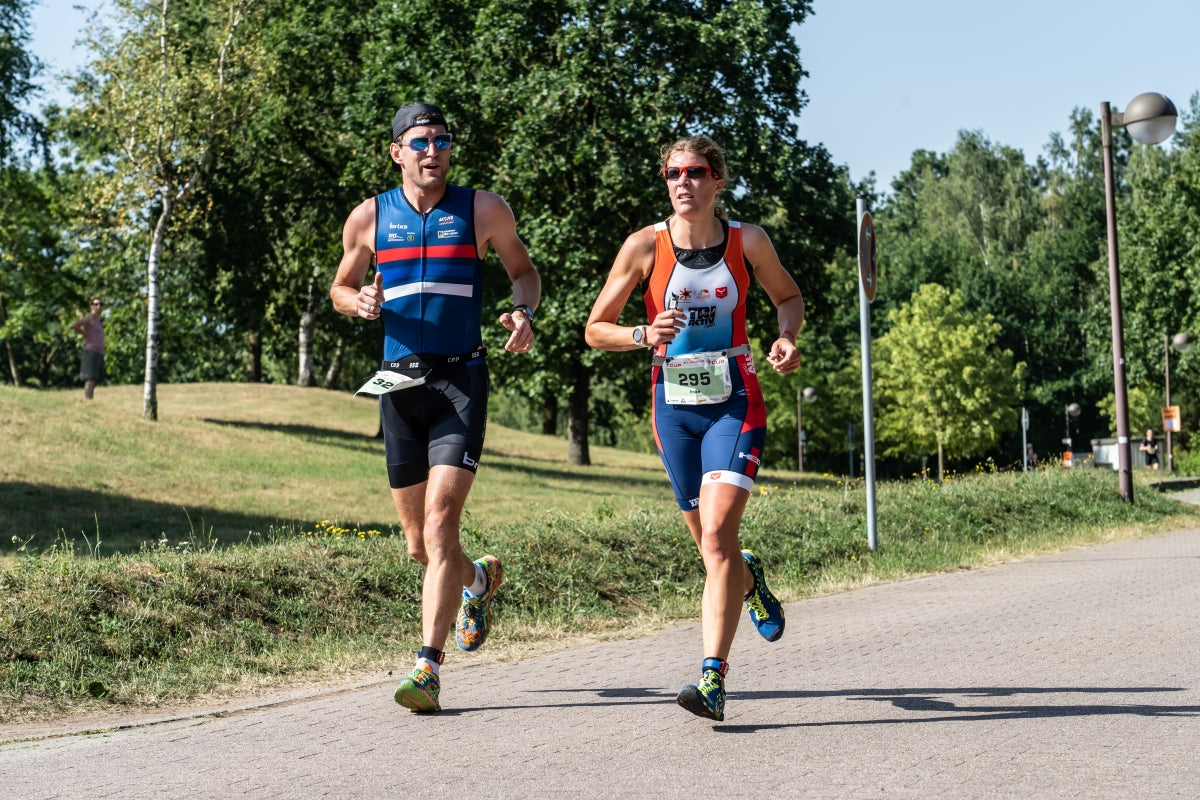
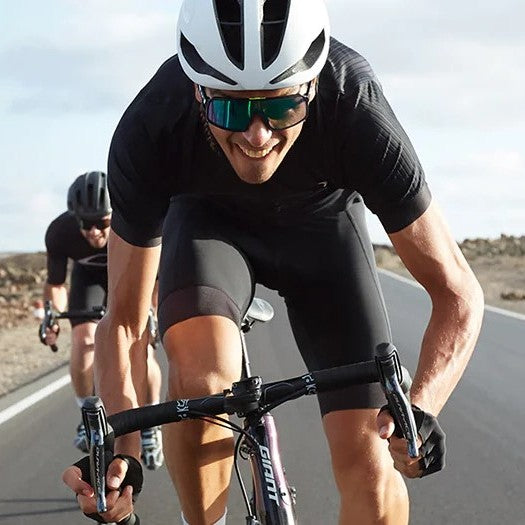
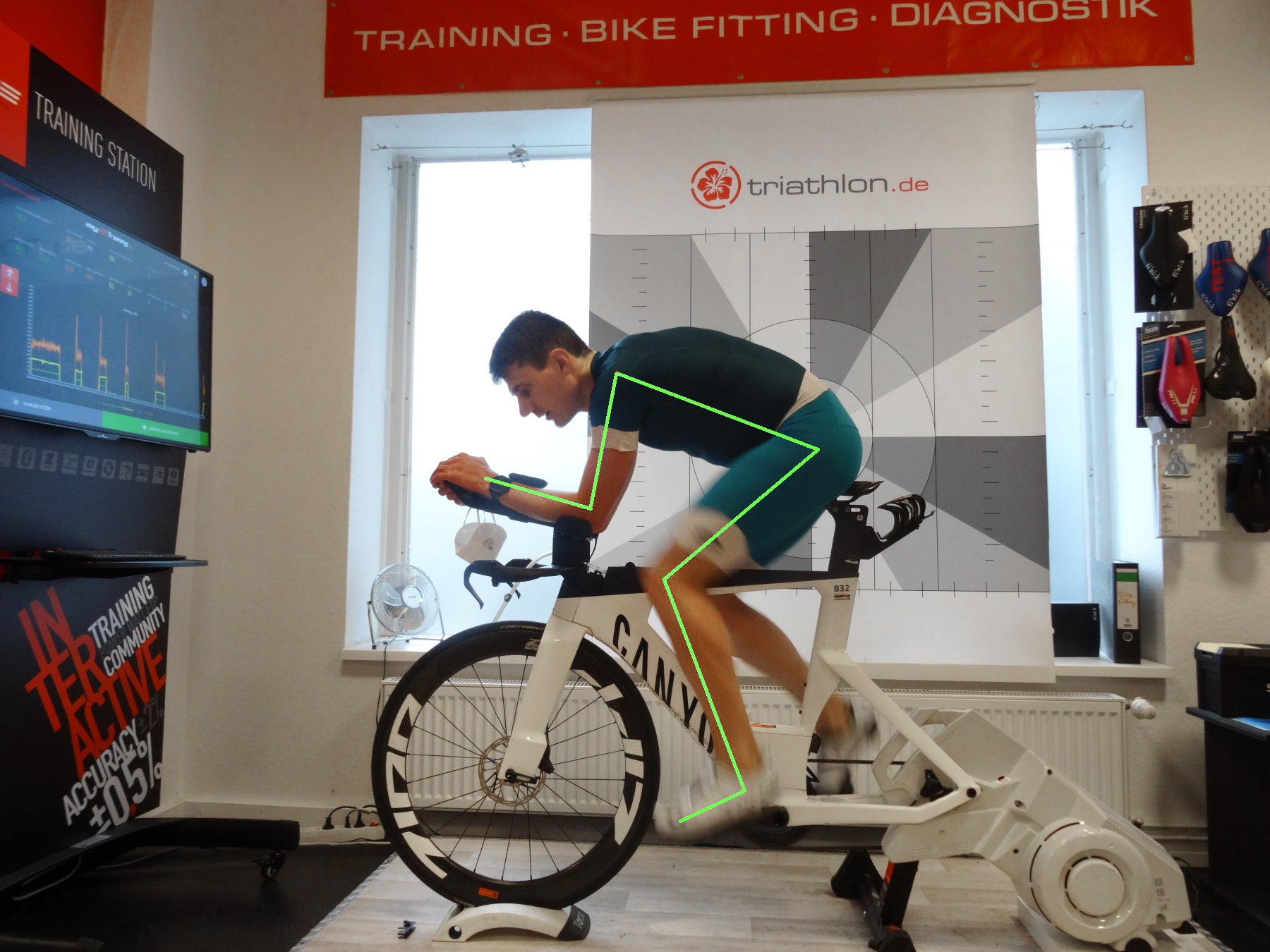
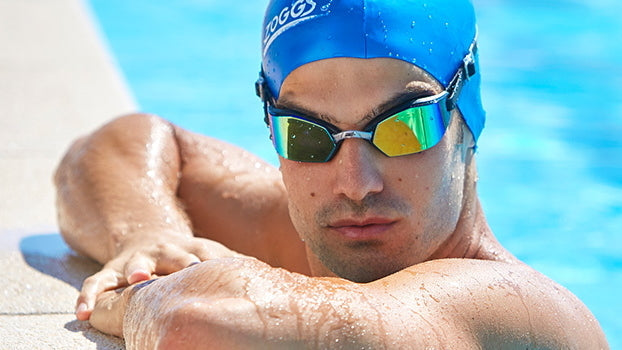



1 Kommentar
Datti
guter Artikel in Bezug auf Flüssigkeitsverlust, Trinken und so.
ich hätte mir auch ein paar Infos erhofft zum Thema erhöhte Ozonbelastung und was dies für den menschlichen Körper bei sportlicher Aktivität bedeutet.
vielen Dank und sportliche Grüsse
Datti